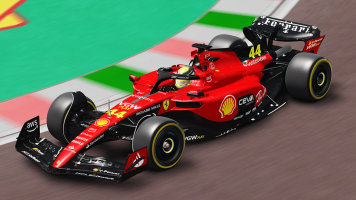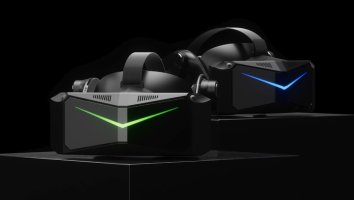PBO and tuned negative curve optimiser settings are the best way to overclock Ryzen 5000 cpus. My 5800x is capable of hitting 5ghz on the boosted cores all the time. You have to spend some time working on it, but essentially you do it with independent core settings and the two fastest cores (identified in ryzen master) can’t be offset as much as the others. Think I was lucky as could do max -30 on all cores and -15 offset on the two fastest. Using something like cinebench all core test to find the stable settings.
The idea is a bit like undervolting per core and the additional thermal headroom allows a higher boost. All core overclocking isnt worth doing on ryzen in my opinion.
The idea is a bit like undervolting per core and the additional thermal headroom allows a higher boost. All core overclocking isnt worth doing on ryzen in my opinion.











